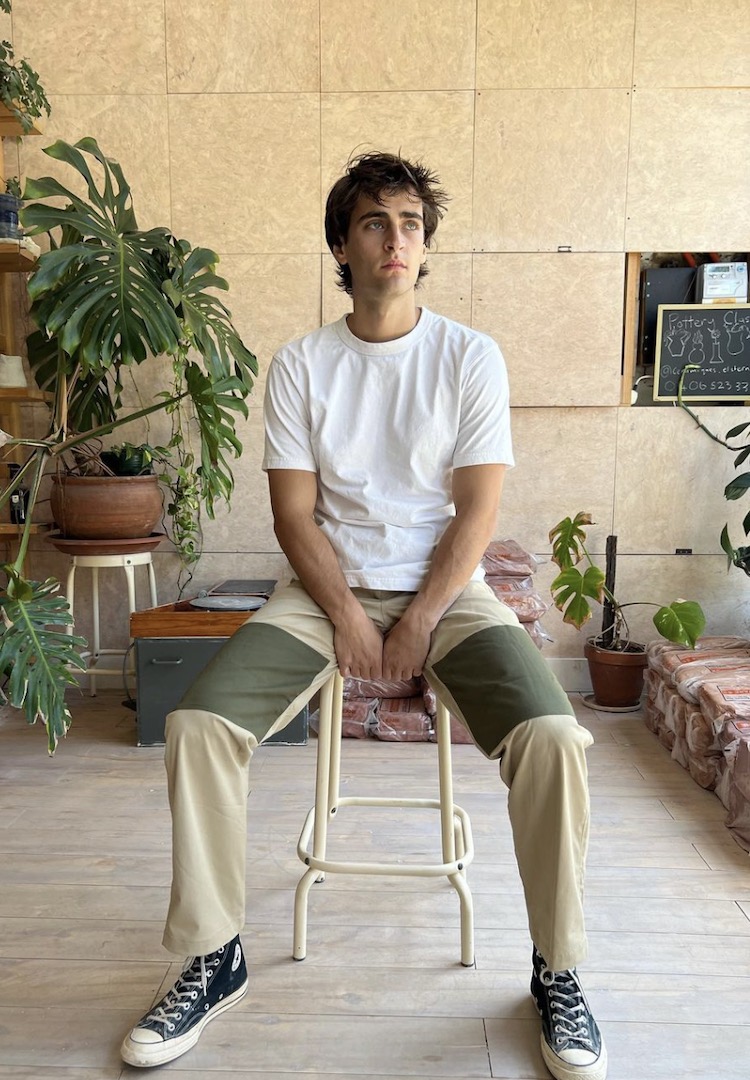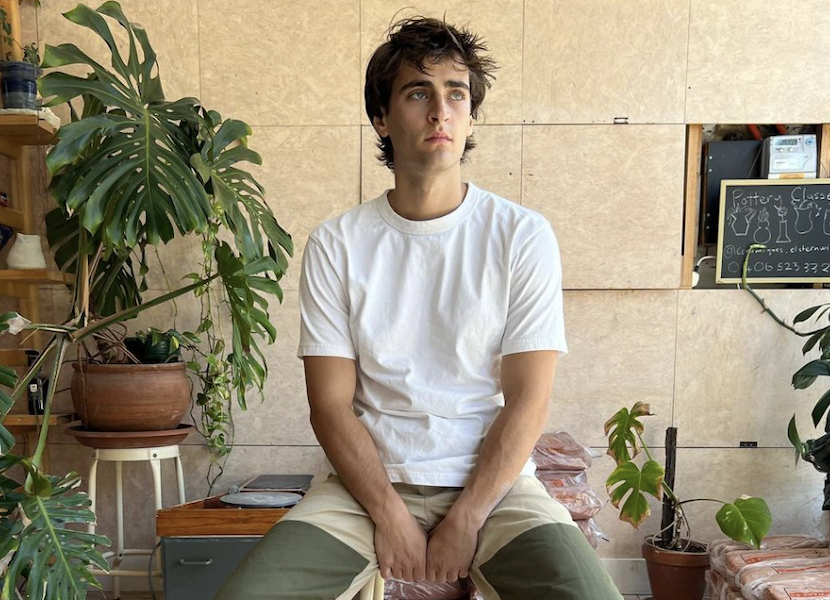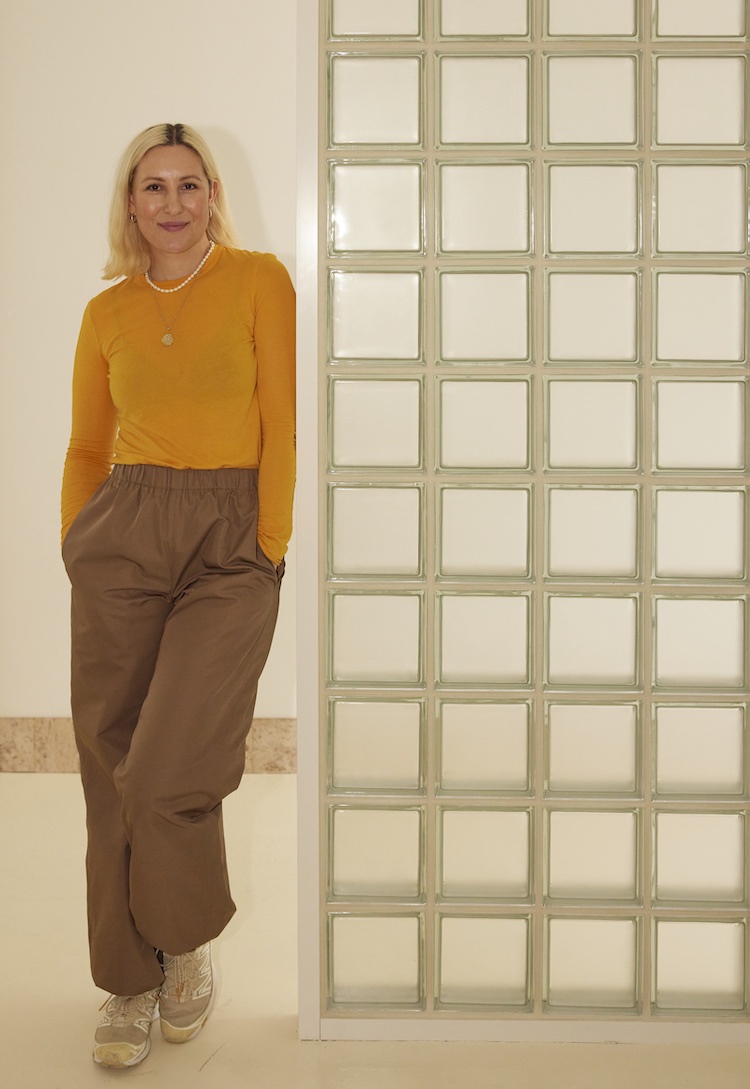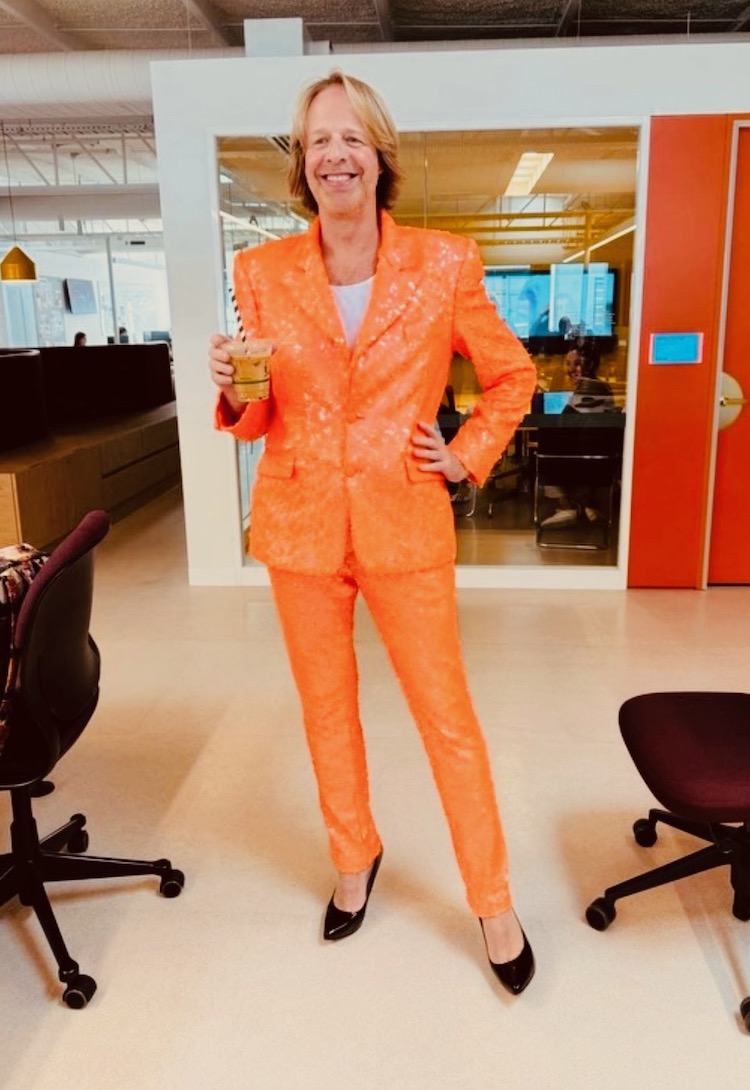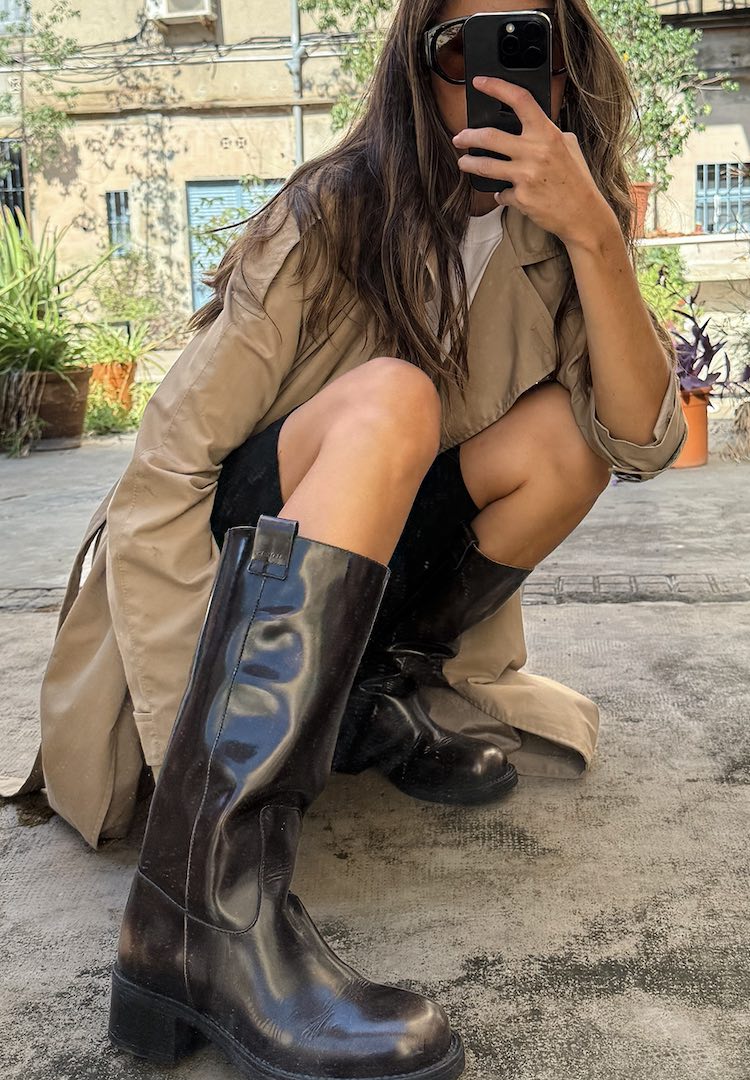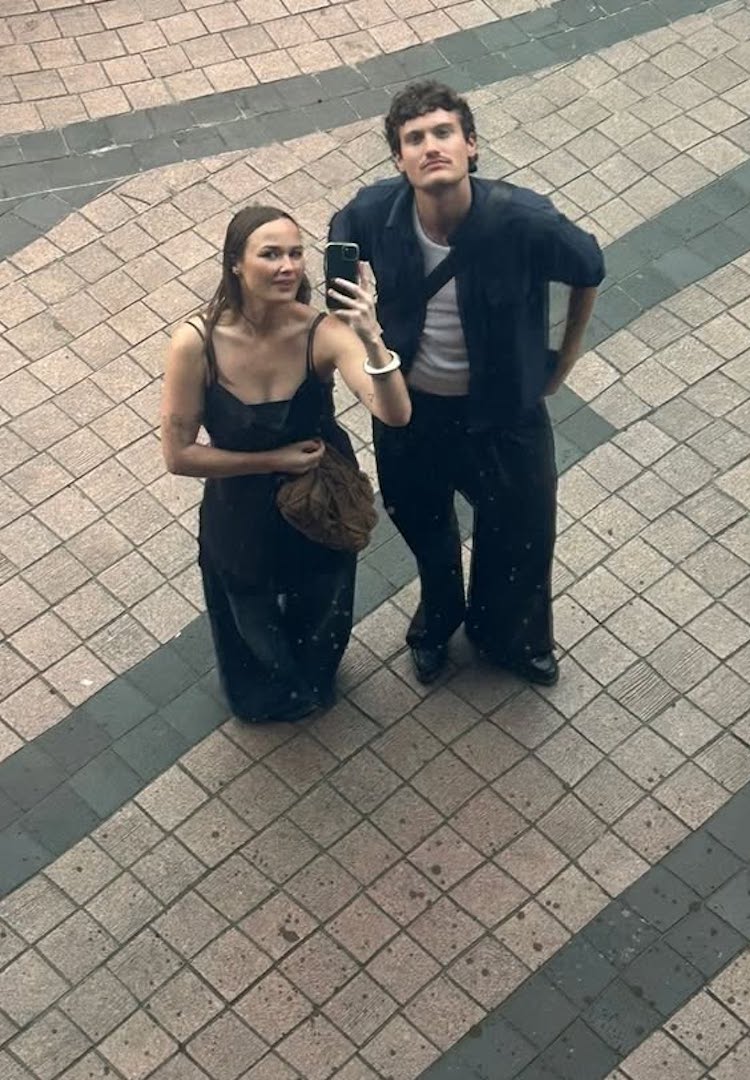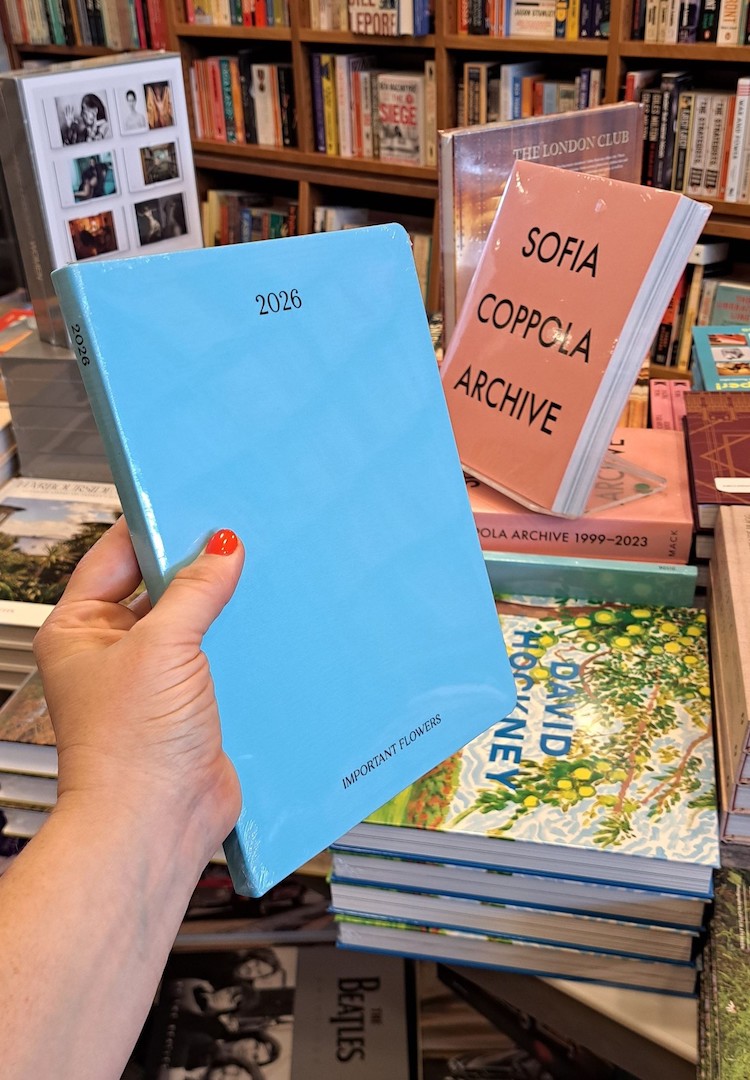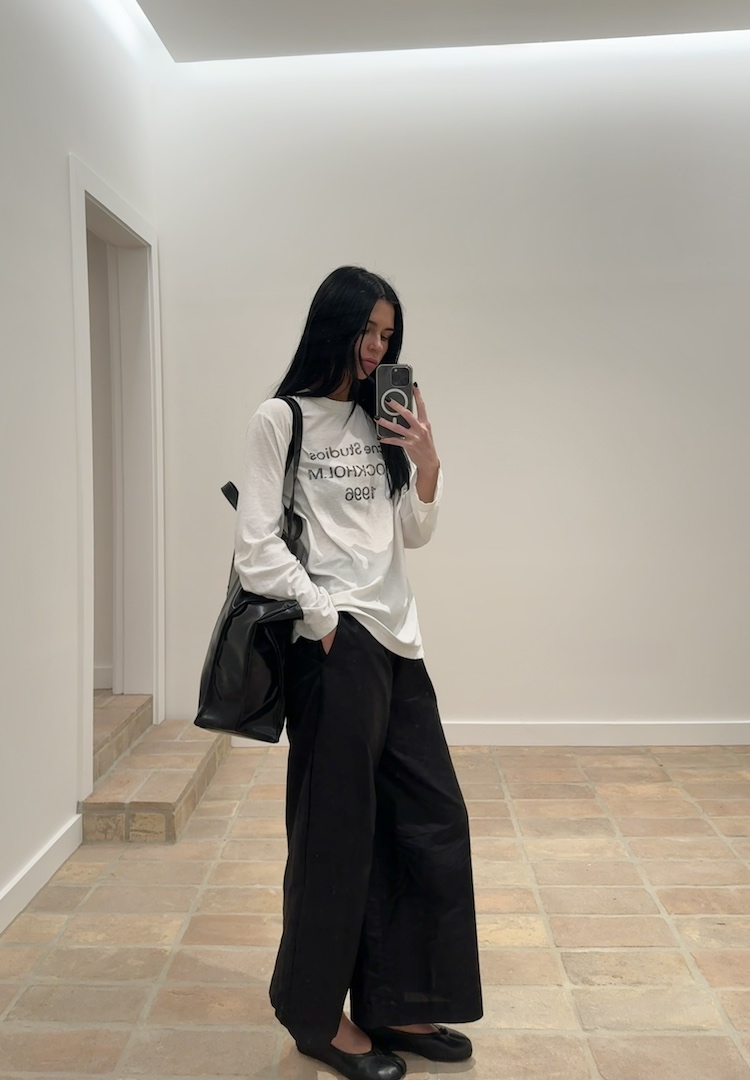How to turn your hobby into a career, according to 4 Australians who’ve done it
Image via @pottery.boy/instagram
Words by Alyce Greer
Grind smarter, not harder.
In an era where side hustles, slashie careers and being paid to go on tropical Instagram holidays are commonplace, it’s safe to say that the boundaries of what we once considered work have officially blurred. We no longer have to choose our career from a university pamphlet. If we tell someone we work as a celebrity tarot card reader on YouTube, they won’t bat an eyelid.
For more content like this, tap through to our Life section.
If we want to make sweet cash money from our random hobby instead of working until our hair matches the grey office cubicle, then goddammit we will. In fact, that’s exactly what these four Australians did. Want to be like them? Here’s how it’s done.
Sarah Darby, fashion illustrator
View this post on Instagram
I came to this pretty late in life. It’s really my second career, my first being at Coles in marketing. While on mat leave for my second child, I thought: “I’m going to set up my own business and be a ‘mumpreneur’. I’m going to make millions.’ Unfortunately, it turns out I don’t have any multi-million dollar ideas in me. I remembered I was pretty good a drawing when I was at school, so I signed up for a bunch of different courses and I just started drawing.
A colleague from Coles was working at VAMFF one year and I asked her if there were any opportunities for illustrators. She invited me to sketch the runway! It was terrifying but I’m so grateful for the opportunity. I met so many people and it really gave me a start. I started to sketch influencers outside the runway shows and when they regrammed the sketches, that really kicked off my network.
Since then I’ve collaborated with Sofitel x Vogue Fashion’s Night Out on some illustrated cocktail accessories, illustrated for private clients in the Middle East, painted live at the Ferrari launch party and designed a wrap for the Yering Station wine served at the NGV during the Dior exhibition in 2018.
I met my friend Mads Francis on Instagram and she pitched me an idea: a beautiful space where people could come and create, see our work and interact with us. And so The Creative Hub was born! We’ve hosted two pop-ups, one with the City of Stonnington and another with St Collins Lane, and are now busy with private classes and live sketch events.
My best tips for turning a hobby into a career:
- Don’t take it personally. Your work is for some and not others, and that’s okay.
- Nothing comes to you, so don’t sit on your bum expecting it to. You need to go out there and get it.
- Be nice. This is the only time I’ll ever compare myself to Gigi Hadid, but her mum told her when she started out that there are armies of beautiful girls who want work. The ones who get booked again are the ones who were pleasant to work with.
- Be brave. Hearing ‘no’ is not a personal attack. Ask people for a job and if they say no, smile, shrug your shoulders and ask someone else.
@sarahdarbyfashionillustration
Guy Vadas, Founder of Ceramiques
View this post on Instagram
I first tried pottery when I was 18 at an old lady’s house down the road. It was a strange environment – I was there with these old ladies making trinkets for their garden – but I knew I really wanted to keep working on it. I decided to rent a wheel for a month and put it in my grandma’s glasshouse, then I started teaching myself from YouTube. Within a couple of weeks, I had three or four people coming over every day to make things.
The home studio was great but it wasn’t working for my dad or grandma. There were clay and pots everywhere, so Dad said I should find a small space elsewhere to keep practising. I was still very much a beginner and realised I should do a course, but there was nothing on my side of town. I thought, “Surely if I open a studio with good vibes, people will come”. Six weeks later, I sold my car, took out a lease on a space and got started.
I kicked it off by offering a month of free classes. I was doing five or six one-hour classes a day for four weeks straight and that was the big break I needed. There was a lot of PR surrounding it and I received 12,000 email sign-ups of people wanting to know more about the classes, which helped a lot. Now, it’s all about word-of-mouth.
My best tips for turning a hobby into a career:
- As a beginner, your time is your biggest and best resource. Give up as much of your time as you can so you can learn and get better.
- There are two sides to my craft. There is pottery for myself and running a business, and they’re very different things. It can be tough to separate the two but I try to keep creative in other ways.
Sarah Carollo, Founder of The Witch Apprentice
View this post on Instagram
Everyone knows about traditional aromatherapy, but magickal or spiritual aromatherapy is much less known. I use essential oils to assist in witchcraft, and make potions that are based on old witchcraft formulas, but with my own unique input.
I had another business before The Witch Apprentice, which was doing really well, but my heart hadn’t been in it for a long time. I had been doing a bit of witchcraft for myself and started implementing oils when I found traditional aromatherapy wasn’t really working for me. When I came across the magickal side of the botanicals, I was intrigued and also amazed that this part of essential oils wasn’t really being marketed by any of the big essential oil brands. So I sold my business and put everything I could into launching TWA. I think having my previous business to fall back on definitely helped turn my hobby into something bigger.
I read countless books, have amazing mentors that have helped me on my journey and I practise, practise, PRACTISE until I am 100 per cent happy with my spells and potions. I make many mistakes and sometimes doubt my abilities (hence the ‘apprentice’) but in the end, I learnt that these shortcomings are just lessons.
Although I’m deaf, being able to work for myself is definitely a big help. We are just so lucky that in this digital age that so much correspondence is done via text.
My inspiration comes in waves with the lunar phases. I like ideas to flow organically; I don’t like to force things. I don’t want to push out products just for the sake of it; everything I do is thought through meticulously. Next on my list? To explore a spellbook, maybe a card deck, introduce new products and get more involved in workshops.
My best tips for turning a hobby into a career:
- Do your research. Whatever area you’re thinking of getting into, study the shit out of it. It’s easy to get caught up in your own enthusiasm but take your time before jumping into anything.
- Make sure something from your brand stands out from your competitors. Be original and stay true to yourself, because the brand will become a reflection of you.
Kyashi Orasato, calligrapher
I like to say I’m a ‘creative’ because graphic designer, art director, calligrapher and lecturer is a lot, but it truly depends on which hat I choose to wear that day. I’ve recently moved from Melbourne to New York. Monday to Friday I’m a teacher at Shillington College, teaching design. On the weekend I’m stuck into freelance work.
I have a set agenda if I work on the weekends – whether it be lettering work or freelance design, I make sure that I utilise the day as much as possible. Sunday is a non-negotiable “me” day which for me is exploring a gallery, reading… laundry. I find that having one day to myself allows me to reset and avoid burning out.
I was a late bloomer when it came to getting a full-time design job, but I was patient. I knew the creative career wasn’t going to be easy so I was prepared to slug it out and see where it would take me. It wasn’t all smooth-sailing; I joined a course that was too advanced, dropped out, took a break, enrolled in TAFE and went on to get a university degree. But I was a junior with no work experience under my belt and felt rejection instantly. I started to question whether or not I was even cut out for this. It took time but I finally got a job at a small studio in Collingwood.
Lettering was always a side project for me. It started off as just something I could do for my friends that wasn’t computer-based. I had a crazy long train ride to work, so I used that time to write and then post my lettering on social media. Using that commute time to build up my feed was fun and allowed me to be productive.
Then one day, I was visiting New York for a wedding and decided rather than doing all the touristy things I would spend my time meeting creatives, art directors and companies that I wanted to learn from. It was an amazing stroke of luck and timing that I met the incredible team at Shillington.
I think if you have a hobby that’s creative and it brings you joy, then why not make a career out of it? Failure and rejection is part of what you go through with any career choice. Learn, ask questions, keep going, push further because that’s when you will see your craft evolve. I’m a big believer in doing what you love regardless of how random it is, it’s your career your story, go for it! You have nothing to lose.
My best tips for turning a hobby into a career:
- Don’t be afraid to ask questions, especially when it comes to business, money, quoting and sorting out your tax.
- Make a list of what you want to do and create an overall business goal based on that list
- Social media is amazing, and it’s free. For me, it’s been a great platform to share my work and connect with other letterers.
- Believe in the power of saying ‘yes’ to all the things: collaboration, attending workshops, meeting new people.
This article was originally published on November 19, 2019.
For more on side hustles, try this.


